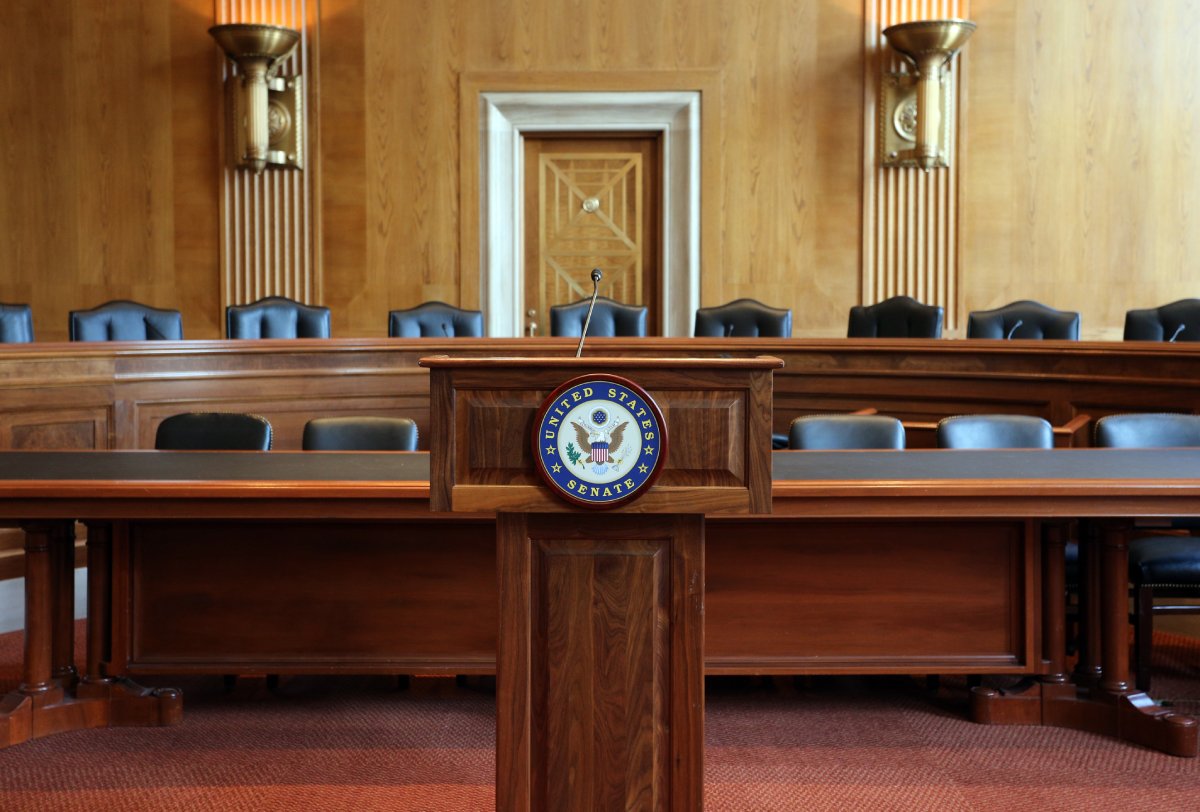The Senate passed a $460 billion spending package ahead of a deadline to prevent a partial government shutdown. Despite the challenges and bipartisan criticism, the package aims to fund essential departments through fiscal year 2024, but with another budget deadline approaching, negotiations are far from over.
Passing the Package
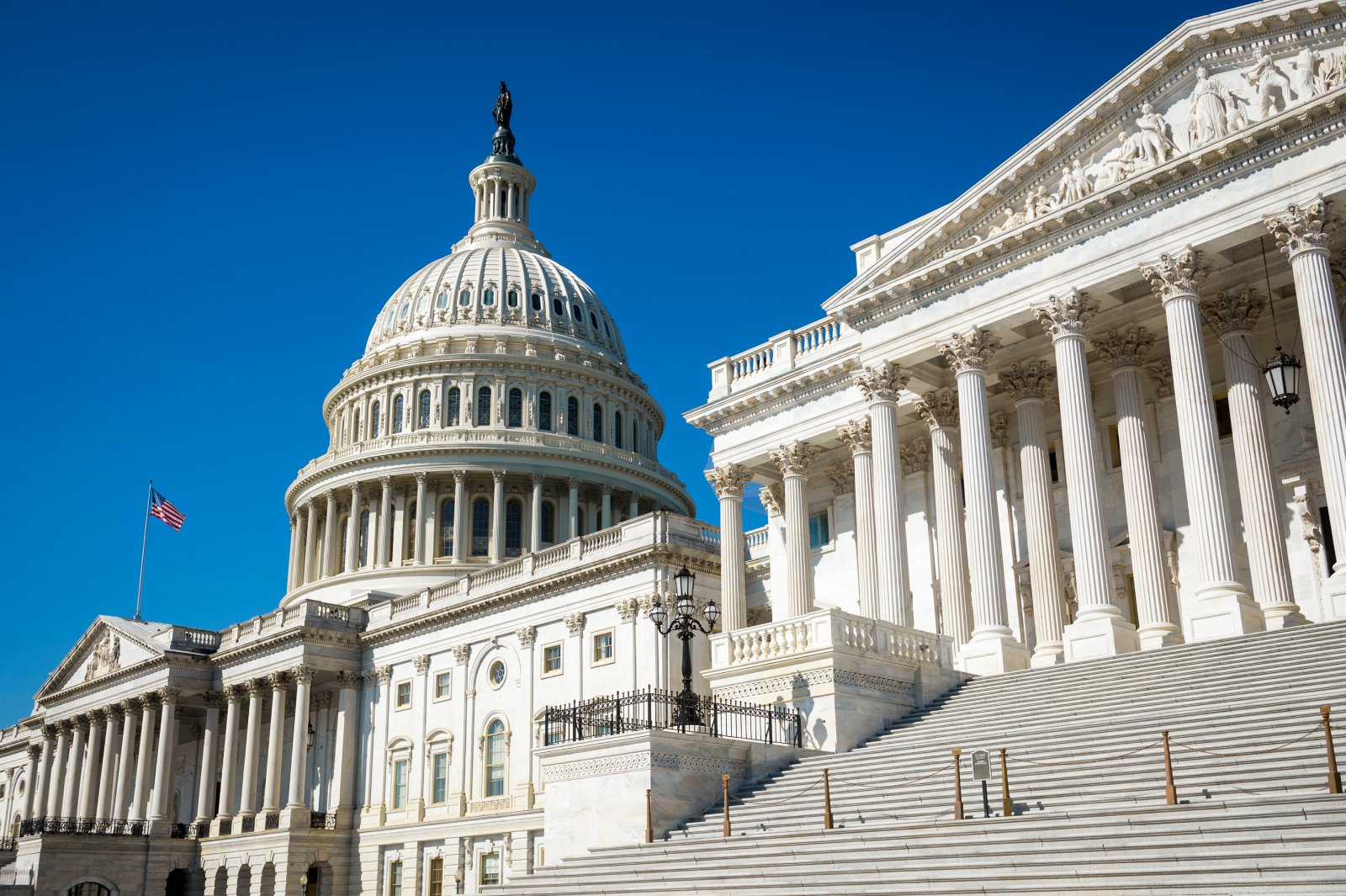
In a last-second move to avoid a partial government shutdown, the Senate passed a massive $460 billion spending package ahead of a critical deadline.
$34 Trillion in Debt

While many have praised the government for passing this package, some view this massive spending package as an incomplete step forward as the U.S. national debt balloons beyond the $34 trillion mark.
Sparking Discussions
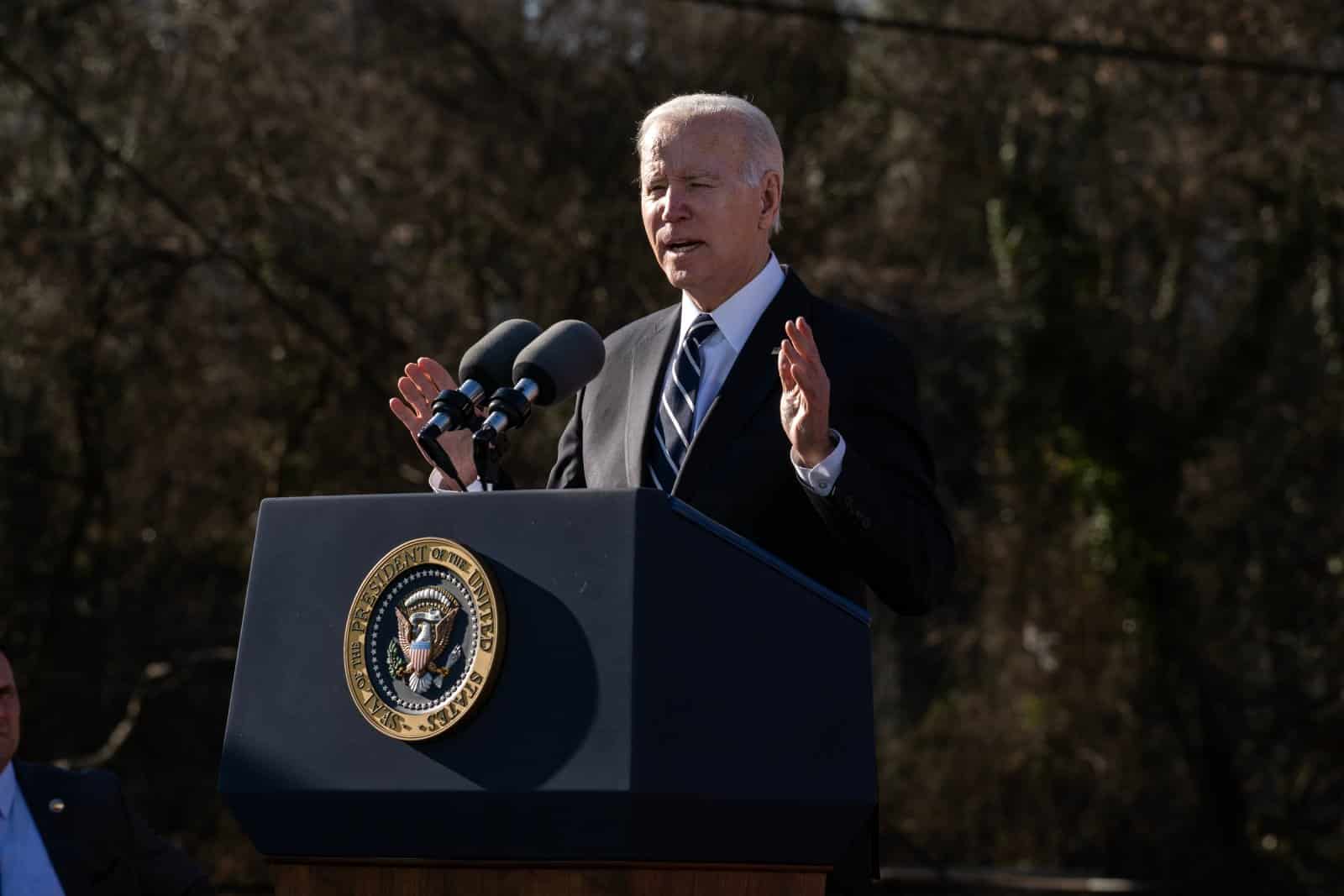
Following President Biden’s State of the Union address, this legislative action to pass the bill has sparked extended discussions and the consideration of various motions related to the package, eventually leading to a 75-22 vote in favor.
Keeping Programs Funded

Before passing the bill, Senate Majority Leader Chuck Schumer said, “We will keep important programs funded for moms and kids, for veterans, for the environment, for housing and so much more.”
Space to Finish by March 22
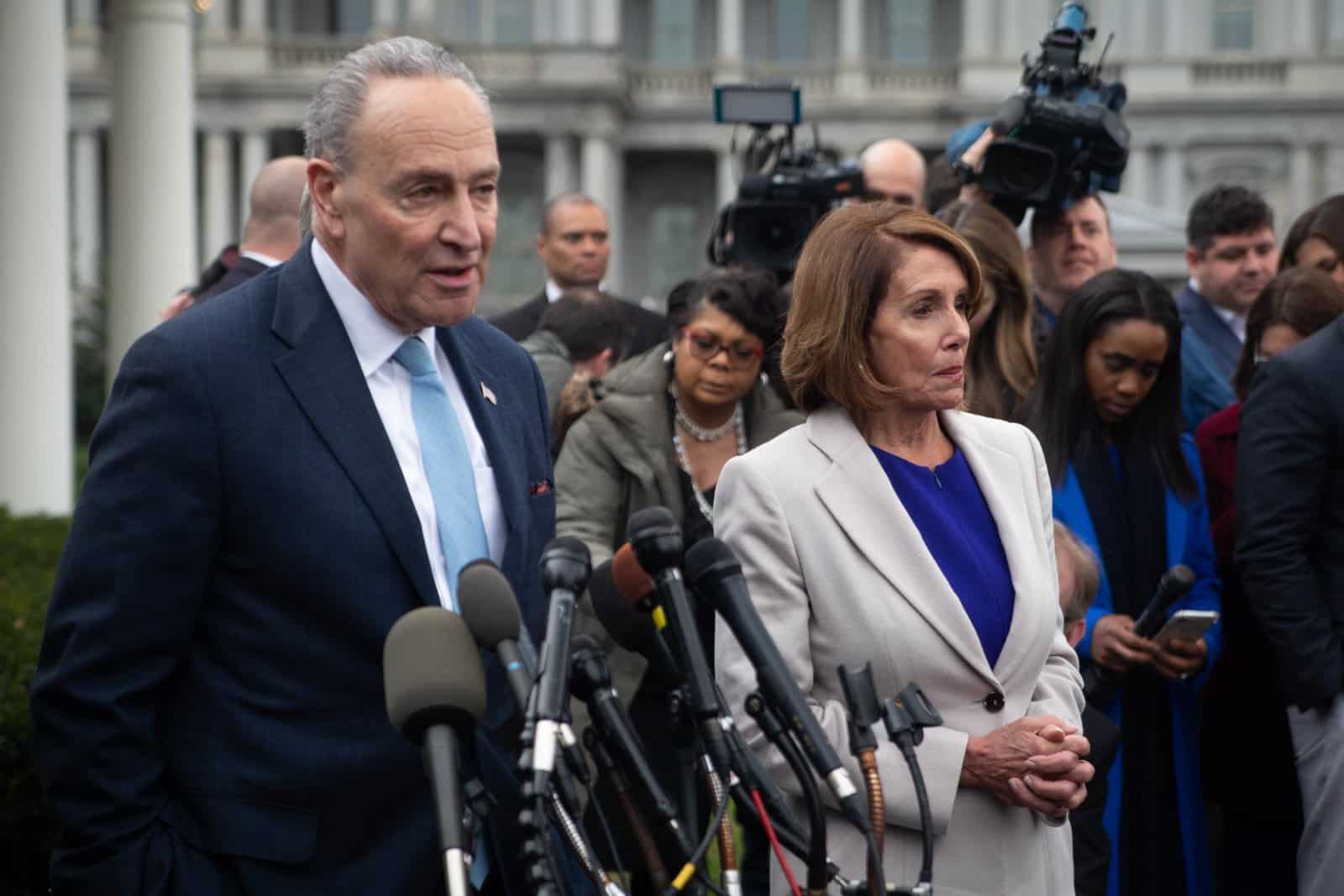
Schumer continued his point by saying, “Because both sides cooperated today, we’ve taken a major step towards our goal of fully funding the government. Today’s bipartisan agreement gives us momentum and space to finish the remaining appropriation bills by March 22.”
Crucial Departments for 2024

The package will send funds to crucial departments for fiscal year 2024, including Agriculture, the Food and Drug Administration, Justice, Commerce, Energy and Water Development, the Interior, Transportation, and Housing.
Nearly a Filibuster

Despite the Senate’s endorsement of the package, passing it was anything but smooth and easy.
Significant Resistance

The package encountered significant resistance, primarily from Republicans, over procedural issues. There were also several calls for amendments on national concerns such as immigration, nearly triggering a filibuster.
A Motion for Cloture

The Senate made a motion for cloture to pass the package. In this parliamentary process, a vote is taken immediately to avoid a prolonged debate and any potential filibuster attempts.
The Final Vote

The final vote for the package succeeded with a 63-35 vote, highlighting the slim margins and intensive negotiations required to push the package forward.
Pushing Pet Projects
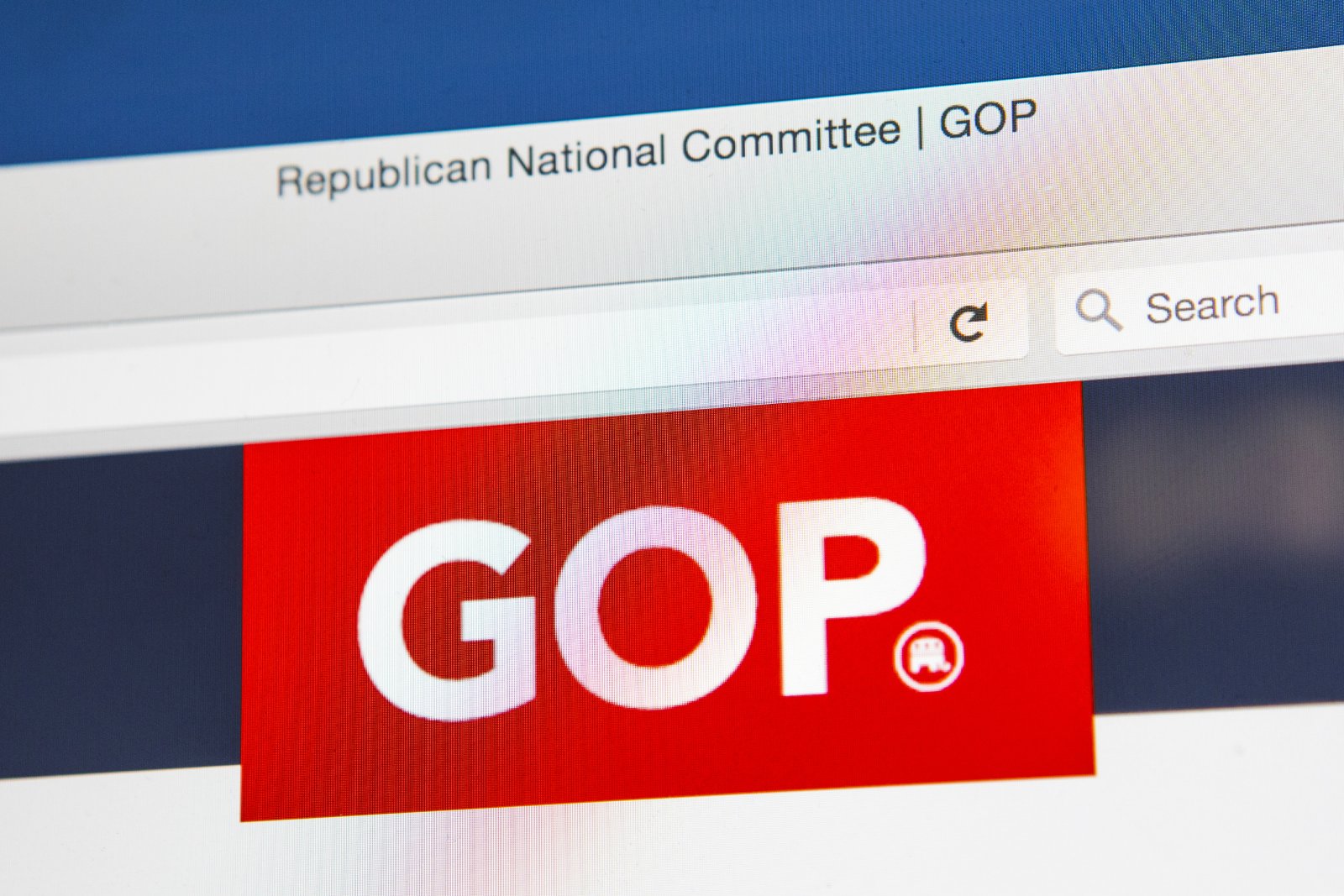
Republicans, in particular, did not support the package because it included several earmarks they disregarded as “pet projects” that were prioritized over fundamental government funding.
6,600 Projects
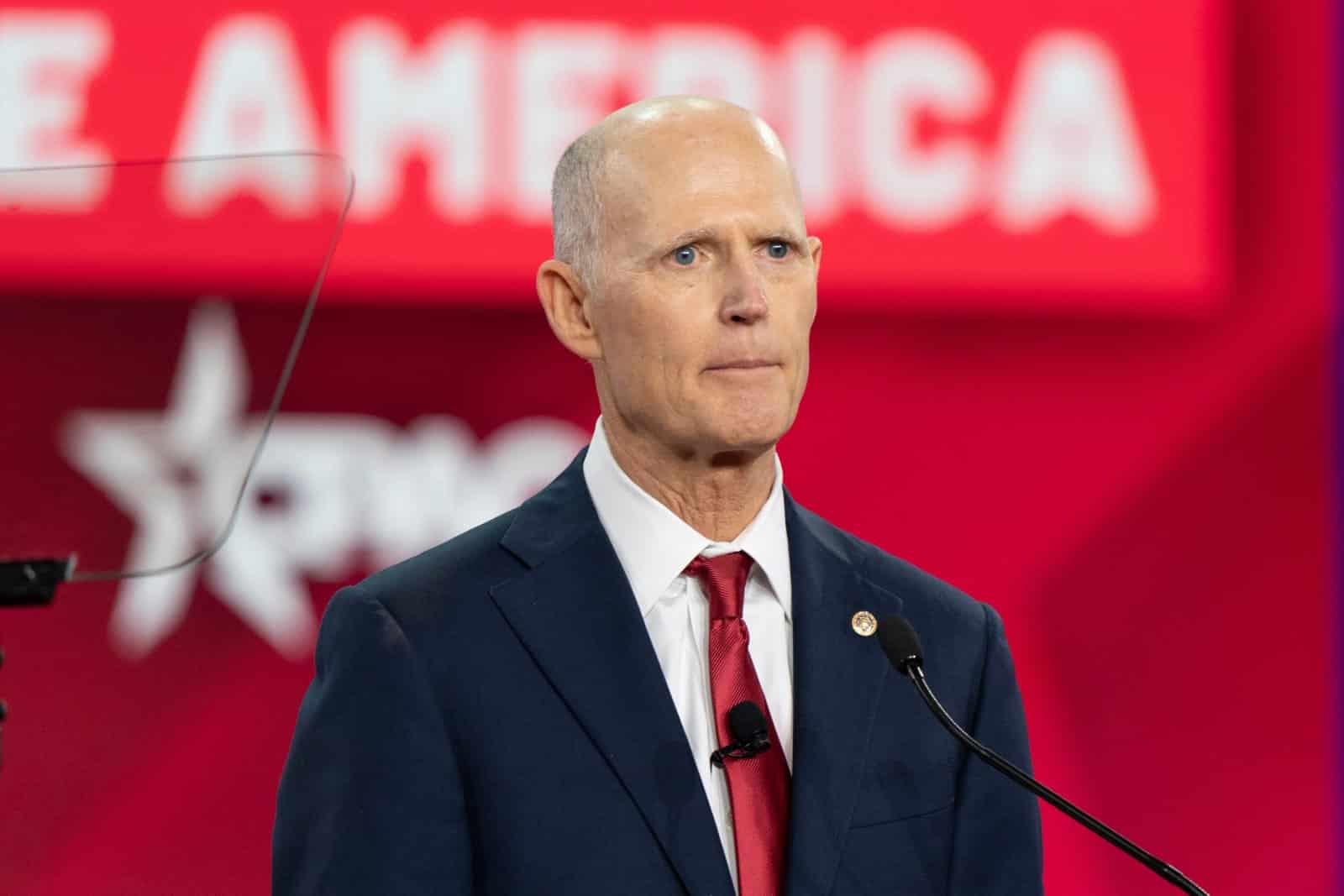
Senator Rick Scott said in a statement, “The minibus spending bill has more than 6,600 projects that will cost taxpayers $12 billion,” and “This clearly isn’t about funding the government, it’s about funding pet projects for politicians like Chuck Schumer.”
Bipartisan Criticism

However, not all criticism came from Republicans. Democratic Senator Chris Murphy of Connecticut opposed the bill, objecting to a policy that he believed could weaken firearms background checks.
Murphy Speaks Out

In a statement, Murphy said he intended to vote against the bill because “Buried in the appropriations bill being voted on this week is a terrible new gun policy rider that significantly rolls back the firearms background check system. You need to know about this – it’s bad enough that I will vote against the entire bill.”
Dire Consequences

The urgency of passing this funding package was highlighted by many members of the Senate Appropriations Committee, whose members warned that dire consequences would come from a government shutdown.
Affected Departments

Vice-chair of the Senate Appropriations Committee, Senator Susan Collins, said, “If we do not act at midnight tonight, we will have a partial government shutdown,” which ” will affect the Department of Agriculture. It will impair the work of the Food and Drug Administration. It will prevent military construction projects from going forward.”
A Constant Problem
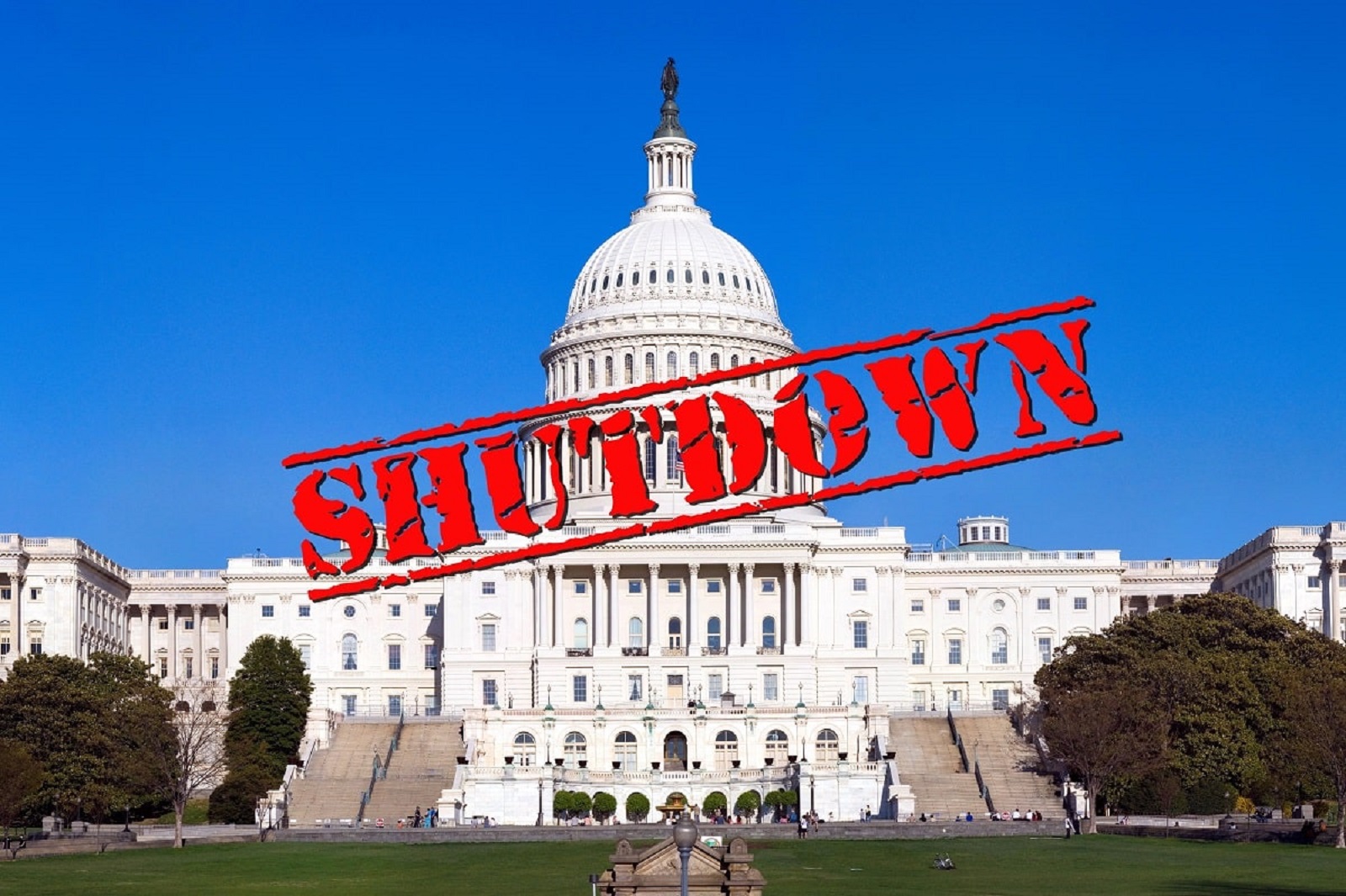
This funding measure is part of Congress’s broader effort to prevent government shutdowns, a recurring challenge over the past decades marked by budgetary disputes and political stalemates.
Why This Keeps Happening

The history of U.S. government shutdowns was initially intensified by a 1980 reinterpretation of the Anti-Deficiency Act.
This means that for bills and packages to be passed, they need congressional approval for expenditures, unlike other countries where governments typically continue operations during crises, thanks to political systems that avoid such shutdown scenarios.
Deeper Issues

Despite deep-seated divisions and specific policy disputes, the bipartisan push to enact the current spending package highlights the challenges of the American government in a clearly politically polarized landscape.
Another Deadline Coming

With another deadline looming on March 22 for passing additional spending bills, congress is still wrapped up in difficult negotiations that include the Department of Homeland Security and the Pentagon budgets.
The post Senate Passes $460 Billion Spending Package to Avoid Shutdown first appeared on Swift Feed.
Featured Image Credit: Shutterstock / Katherine Welles.

